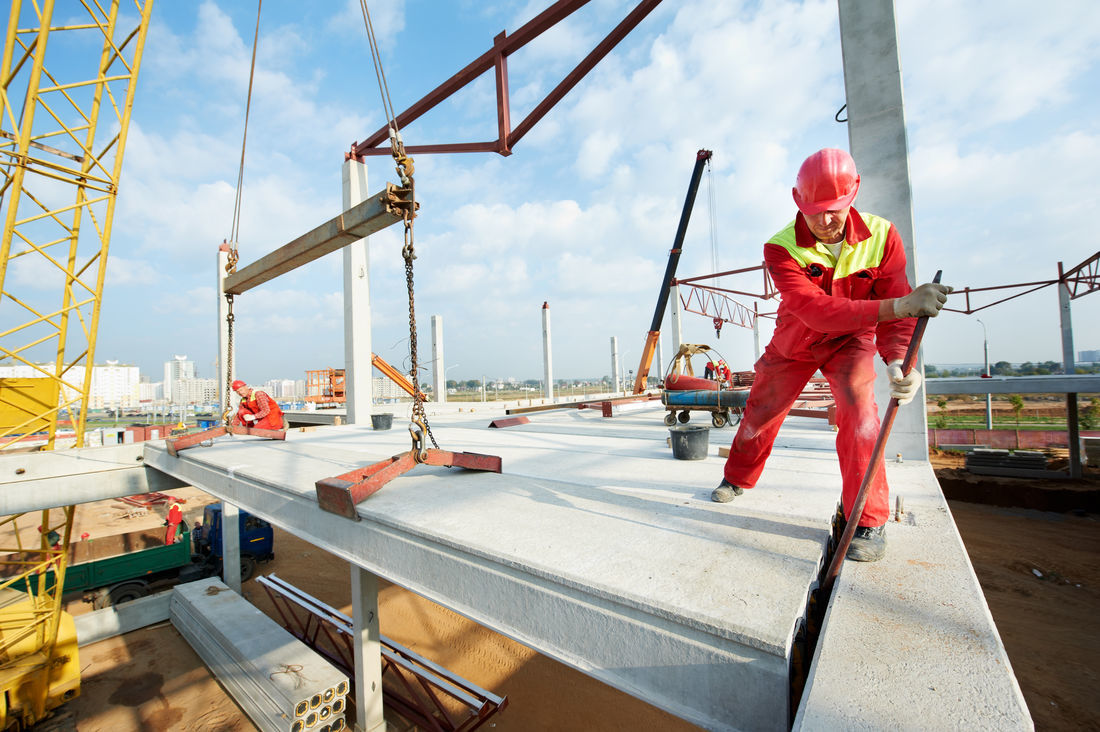Formwork is a critical component at a construction site. It is a temporary structure that is used as mould for the original concrete structure. Various types of materials can be used as formwork materials, including plywood, timber, steel, aluminum, and plastic. However, the choice depends on many factors, including cost, type of structure, and construction project requirements. Moreover, the type of concrete used and the concrete temperature at the time of pouring are also some important considerations affecting the choice of material.
In this post, we look at the main differences between concrete and steel formwork. But before we get into the details, let’s look at what steel formwork is and some of the pros and cons of steel formwork.
Steel Formwork
Steel is one of the best formwork materials. It gives an excellent finish to the concrete surface and is strong and safe. Moreover, the same formwork can be used multiple times, given that the requirement is similar. However, steel formwork can be very costly, making steel one of the less preferred materials for formwork.
Pros
- Steel formwork is durable and reusable,
- It does not shrink or warp,
- Provides smooth finish to the structure,
- Easy to fix and dismantle.
Cons
- Heavy and may require lifting equipment,
- It is a costly formwork material,
- It can corrode if in frequent contact with water.
Concrete vs. Steel Formwork
Concrete is one of the most extensively used man-made materials. It is critical for construction and has a wide range of structural applications that range from the construction of roads, buildings, and dams to pipes, drains, and kerbs. Typically, concrete is a mixture of water, cement, and earth materials, including sand, rock, and gravel. These materials are mixed together and form a paste that gradually hardens. Because of its strength, durability, low price, and low-maintenance, it is one of the most commonly used construction materials. Moreover, concrete use as a construction material also reduces the energy consumption of buildings and structures made with concrete. However, concrete cannot retain its shape without formwork.
To ensure high-quality construction, formwork is critical as it allows concrete to take the required shape. While steel formwork is not only the most commonly used material for formwork, it is one of the best material choices for formwork. Steel formwork gives a smooth finish to concrete, which in turn brings efficiency in the construction process. Moreover, steel formwork can be reused because it is durable, strong, does not shrink or warp. However, you have to pay an additional cost for the improved efficiency in terms of pricey formwork.
If you are looking for construction solutions, get in touch with SS Prime today. Our concreter services are one of the best in town. Call us now on 0414-093-100 or connect via email at info@ssprimeform.com.au.

